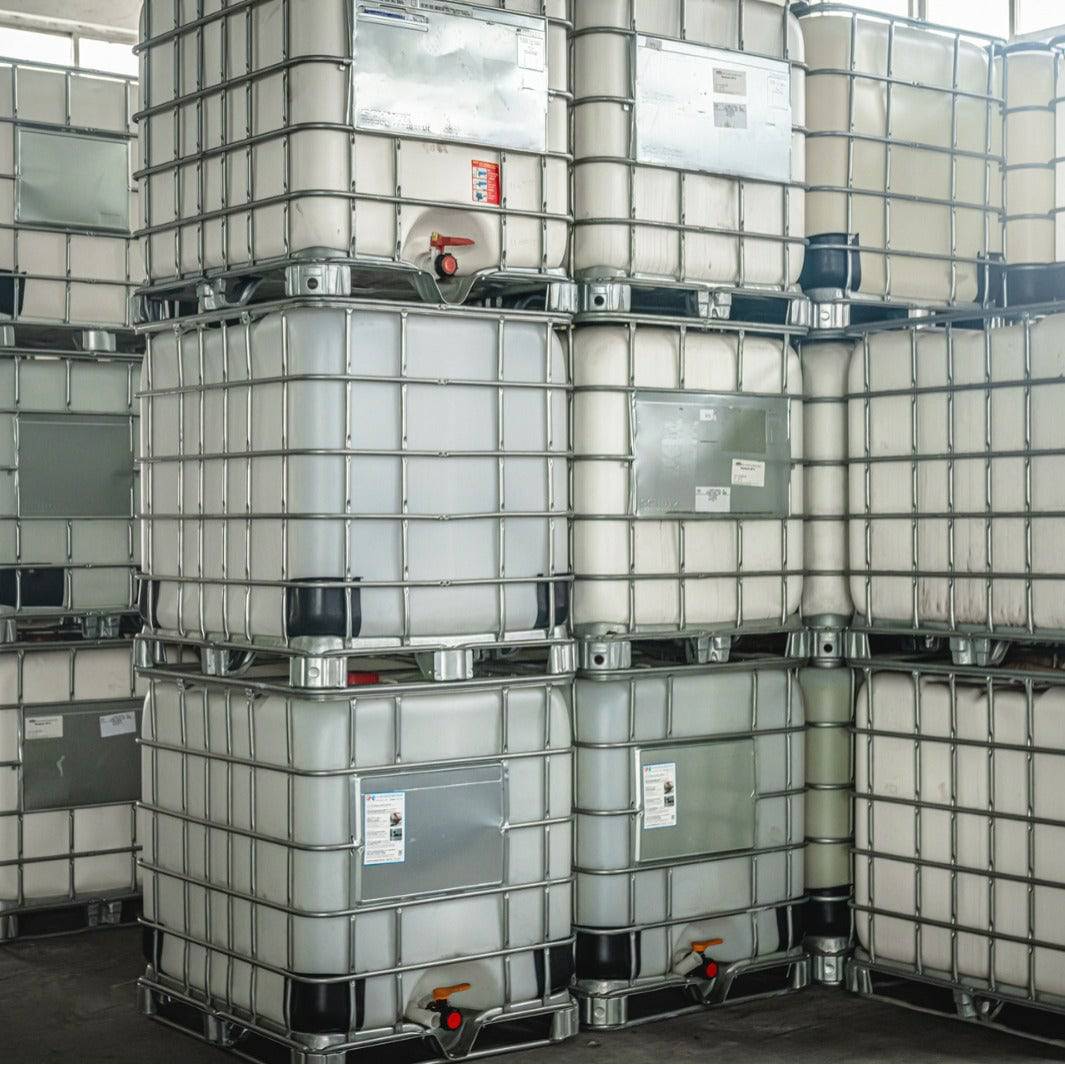Why Warmth Transfer Fluid Is Very Important for Optimizing Power Transfer in Equipment
The duty of heat transfer liquids in optimizing energy transfer is essential for accomplishing efficient thermal administration throughout different industrial fields. These liquids promote seamless heat exchange, ensuring processes operate within ideal temperature arrays and alleviating the threat of getting too hot. Their choice, based on variables like viscosity and thermal security, directly affects the efficiency and sustainability of a system. The complexities of picking the best fluid are frequently undervalued. What are the important considerations for this option, and how do they influence both financial efficiency and ecological responsibility in industrial applications?

Duty in Thermal Management
Warm transfer liquids play an important function in thermal monitoring by effectively regulating temperatures in various industrial processes and systems. These specialized fluids facilitate the transfer of warm between various elements, making sure ideal operating conditions and preventing overheating. By preserving accurate temperature control, heat transfer liquids make it possible for markets such as chemical manufacturing, oil and gas, and power generation to operate securely and effectively.
The selection of a suitable warm transfer fluid relies on a number of factors, consisting of thermal stability, warmth ability, and thickness. High thermal stability makes certain that the fluid can hold up against severe temperature levels without degrading, while a high warm capability permits it to take in and release substantial quantities of warmth - heat transfer fluid. Low viscosity minimizes the energy required for pumping, contributing to overall system efficiency
In addition, heat transfer liquids are integral in applications like refrigeration, where they help take in and dissipate warm throughout the cooling cycle. In solar thermal energy systems, these fluids capture and transport solar warmth to produce power or offer hot water. Their versatility to varied operating problems and capability to preserve consistent thermal performance highlight their relevance in commercial thermal monitoring, helping with functional continuity and boosting precaution.

Enhancing System Effectiveness
To optimize the benefits of thermal management, improving system efficiency with the strategic use heat transfer liquids is extremely important. These fluids play a crucial duty in enhancing power transfer by helping with regular thermal policy, which subsequently influences the general efficiency and longevity of systems. Effective warmth transfer results in decreased energy losses, decreased functional expenses, and boosted reliability of devices. By keeping optimal temperature degrees, warmth transfer fluids help guarantee that systems run within their made parameters, consequently preventing overheating and minimizing the threat of component failure.

Kinds Of Heat Transfer Fluids
The diversity of warm transfer fluids highlights their important function in a variety of industrial applications, each tailored to fulfill details thermal monitoring requirements. These fluids help with efficient power transfer and are picked based upon crucial properties such as thermal security, thickness, and you can try this out heat capacity. The key kinds include water, glycol services, oils, and synthetics, each offering distinct benefits.
Water is the most usual heat transfer medium due to its high certain warm capability and low cost. Mineral oils are preferred for their thermal stability and non-corrosive nature, making them ideal for high-temperature applications.

Synthetic liquids, consisting of silicone and aromatic compounds, supply extraordinary thermal stability and are made use of in environments demanding extreme temperature level arrays. These fluids guarantee remarkable efficiency in systems where traditional liquids might fail. The selection of a warm transfer fluid is essential, as it affects system efficiency, security, and durability. Each type needs to be picked to straighten with the functional needs and the details problems of the application it offers.
Environmental and Economic Benefits
Utilizing the best heat transfer fluids offers considerable environmental and economic benefits for commercial procedures. By choosing fluids with exceptional thermal stability and high heat ability, sectors can improve energy efficiency, resulting in reduced fuel usage and lower greenhouse gas exhausts. This adds to a smaller sized carbon impact and straightens with international sustainability goals. Environmentally friendly warmth transfer fluids, typically naturally degradable and non-toxic, lessen the danger of soil and water contamination in the occasion of leaks or spills, thereby shielding ecosystems and abiding by strict environmental guidelines.
Economically, the ideal warmth transfer fluid can significantly decrease operational costs. Efficient warm transfer reduces power expense, resulting in lower energy costs and enhanced earnings. Moreover, fluids with extensive lifecycle performance decrease the regularity of substitutes and upkeep, decreasing downtime and linked costs. Buying top notch liquids can additionally mitigate the danger of devices deterioration and failing, avoiding costly repair services and expanding the find out this here life expectancy of important framework. In affordable markets, these savings and effectiveness supply an unique advantage, allowing business to allot sources more effectively and purchase further development. In general, the critical use optimum warmth transfer liquids sustains lasting financial development and environmental stewardship.
Choosing the Right Liquid
Exactly how does one navigate the complex process of choosing the right warm transfer fluid for industrial applications? Thermal security guarantees the fluid can stand up to high temperatures look at this site without degrading, while compatibility prevents corrosion or various other destructive responses with system parts.
Furthermore, the fluid's warm ability and viscosity are paramount. A high warm capability enables the fluid to absorb and transfer even more power, improving efficiency.
Verdict
The calculated selection and application of warmth transfer fluids are fundamental to maximizing energy transfer throughout various systems. By ensuring high thermal security and ability, these fluids give accurate temperature level control and improve overall system performance.